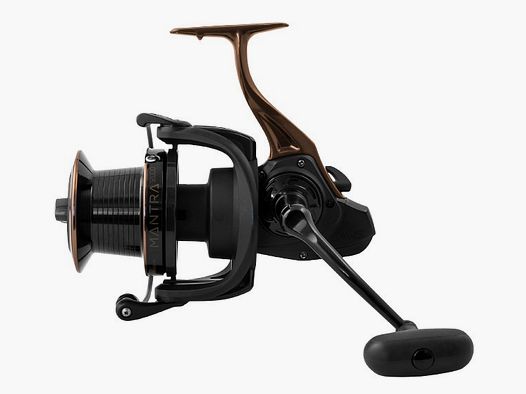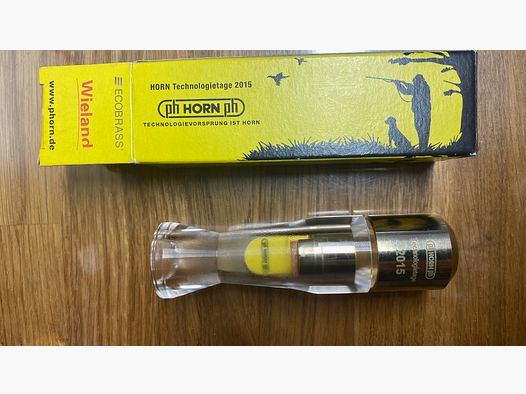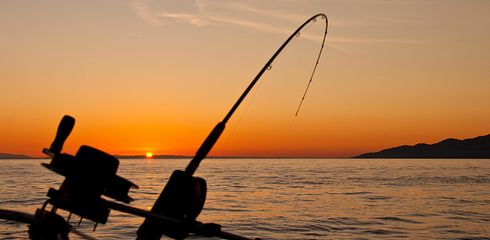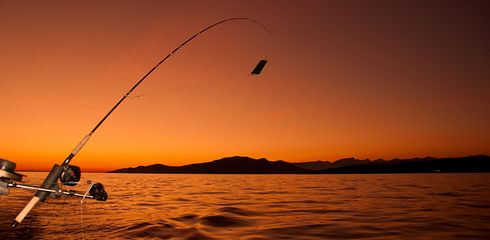Fishing is not only an outdoor adventure but also a fascinating journey into the diversity of the aquatic world. For beginners, the variety of fish species may seem overwhelming. This introduction provides an overview of some of the most common fish species that beginners may encounter while fishing, offering valuable insights into their characteristics, behaviors, and the best fishing techniques.
1. Trout (Salmonidae): The Popular Freshwater Resident
The trout is one of the most sought-after fish species among anglers. With its bright colors and tasty flesh, it can be found in rivers, lakes, and ponds. Trout respond well to various baits, including worms, insects, and artificial flies. Fly fishing is a particularly popular method for outsmarting trout.
2. Perch (Perca fluviatilis): The Predator in Freshwater
Perch are predatory fish found in many waters worldwide. With their striped pattern and spiny dorsal fin, they are easily recognizable. Perch respond well to baits such as spinners, wobblers, and soft baits. Spin fishing is an effective method for catching perch.
3. Pike (Esox lucius): The Predator in Waters
Pike are impressive predators found in still and slow-moving waters. With their razor-sharp teeth, they are feared hunters. Pike bite on artificial lures such as jerkbaits, wobblers, and soft baits. Spin fishing and fishing with live bait are popular techniques for pike.
4. Carp (Cyprinus carpio): The Fighter Among Freshwater Fish
Carp are considered strong fighters and are widespread in many waters. With their scale-covered skin and distinctive barbels, carp are easy to identify. Carp enjoy eating boilies, corn, or bread. Bottom fishing with boilies or method feeders is a proven method for carp anglers.
5. Zander (Sander lucioperca): The Nocturnal Predator
The zander, also known as sander or pike-perch, is a nocturnal predator that particularly inhabits waters with clear water. With its striped pattern and pointed mouth, the zander is a sought-after catch. Artificial lures such as soft plastic fish and wobblers are effective, especially when spin fishing.
6. Eel (Anguilla anguilla): The Nocturnal Sneaker
The eel is a fascinating, nocturnal fish often found in muddy waters. With its snake-like shape and smooth skin, the eel is easily recognizable. Night fishing with live bait or artificial lures is a common method for catching eels.
7. Bream (Abramis brama): The Peaceful Fish of Impressive Size
The bream is a peaceful fish found in many European waters. With its silver color and characteristic barbels, the bream is an imposing sight. Bream enjoy feeding on the bottom of the water, making bottom fishing with worms or corn a successful method.
8. Roach (Rutilus rutilus): The Smaller Peaceful Fish
The roach, also known as roach or rudd, is a smaller peaceful fish found in many waters. With its striking red iris, the roach is easy to identify. Small hooks with bread, maggots, or worms are effective for catching roach.
9. River Perch (Perca fluviatilis): The Smaller Relative of the Perch
The river perch is the smaller variant of the perch and often inhabits rivers and streams. With a similar appearance to the perch but in a smaller size, the river perch is a popular catch for light fishing gear. Small artificial lures such as mini wobblers and soft baits are effective.
10. Tench (Tinca tinca): The Peaceful Resident of Waters
The tench is a peaceful fish found in still waters with muddy bottoms. With its scaleless body and characteristic barbels, the tench is easily recognizable. Bottom fishing with natural baits such as worms or corn is successful.
Conclusion: Discovering the Diversity of Fishing
The world of fishing is as diverse as the fish species it hosts. This introduction to some of the most common species provides a first glimpse into the fascinating world of freshwater fish. As a beginner, it is advisable to start with simple techniques and easily accessible waters. Over time, you will not only get to know the different fish species better but also discover the joy of fishing in all its facets. Tight lines, and may every catch be a new lesson about the wonders of nature!





























